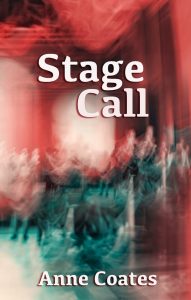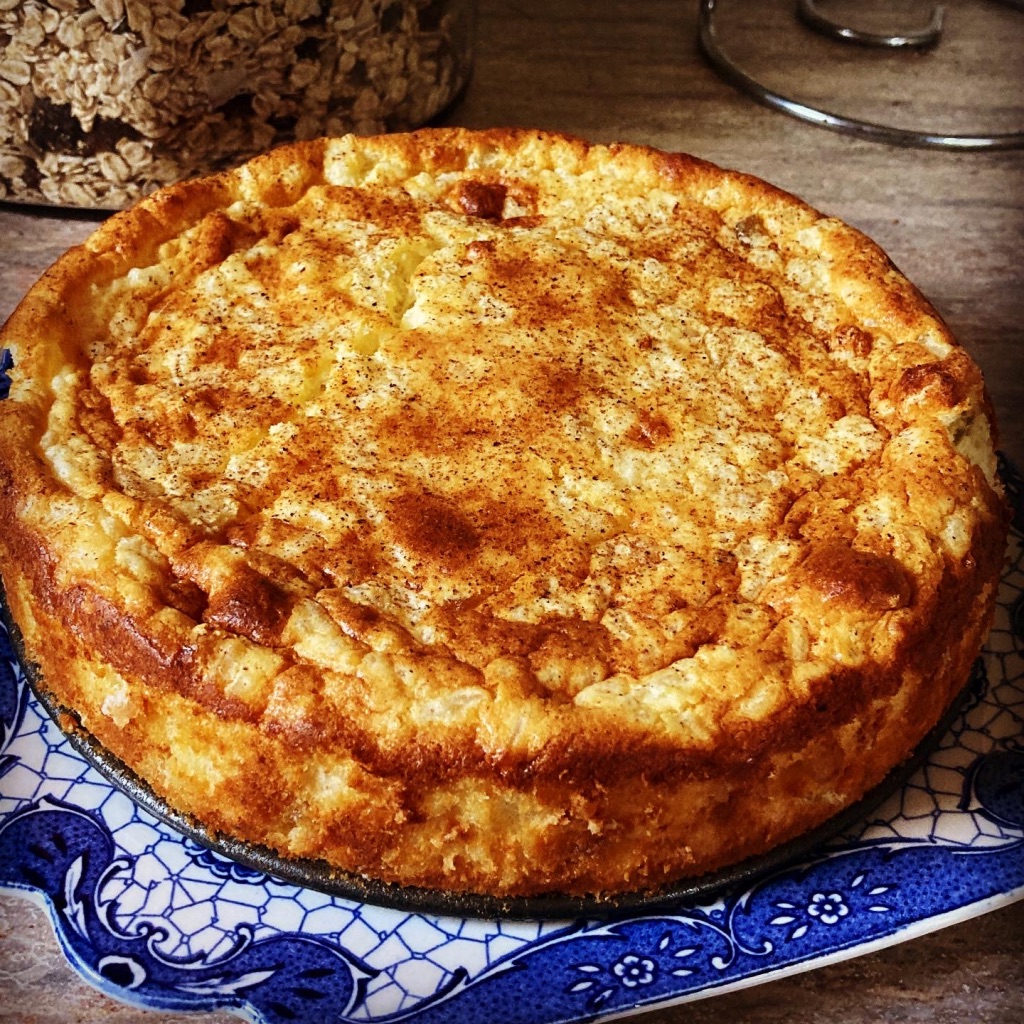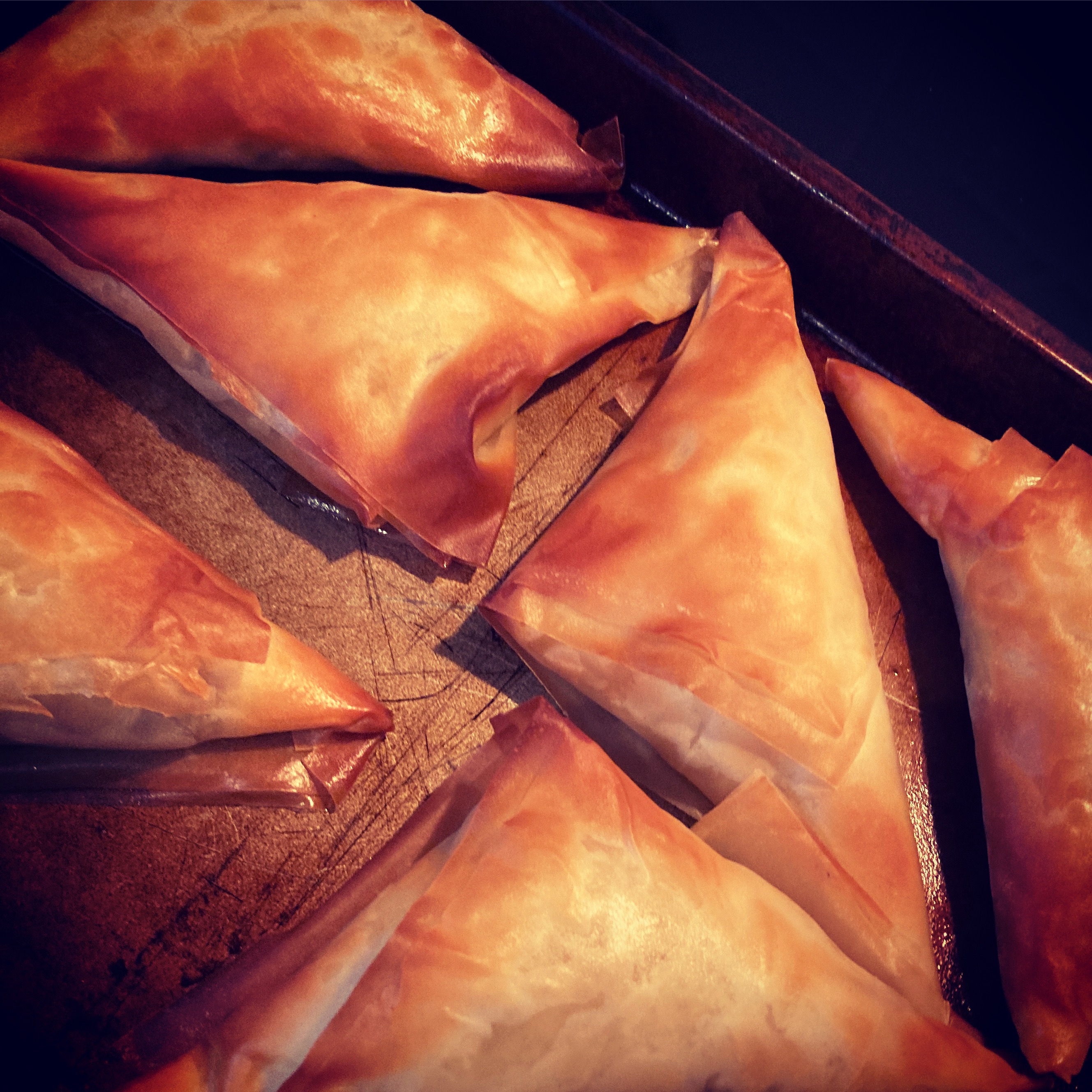Anne is a freelance journalist who has written a series of crime thrillers starring Hannah Weybridge plus a lot of non-fiction books.
Anne can be found at:
Twitter @Anne_Coates1
Facebook: AnneCoatesAuthor
Website: annecoatesauthor.com
Tell me what inspired you to write your novel?
Stage Call is my lockdown novel. After Perdition’s Child (number four in my Hannah Weybridge series) was published, I decided to write a standalone psychological thriller but I found concentration difficult so put it aside. Almost immediately I had an image – and an idea – for another Hannah Weybridge. For me a book begins with an image. This time it was a stage in a theatre (one of my favourite places to be and which was closed during lockdown). I’d always wanted to write about actors and theatres so this was the perfect way in for me.
What came first the characters or the world?
This is definitely a fifty-fifty. I created a world for Hannah Weybridge set in the 1990s and many of those characters continue within the series with more or less prominent roles. Each investigation widens Hannah’s social and work circles but there are also lots of interweaving themes and relationships. When I write a Hannah Weybridge it’s like being back with old friends.
How hard was it to get your first (debut) book published?
My first book was a commissioned non-fiction title so that was easy. At the time I was also writing short stories and tales with a twist but my first attempts to get Dancers in the Wind published failed miserably. Each agent/publisher wanted something different. Many years later I rewrote Dancers and relatively quickly found a home for it at Urbane Publications who saw the potential for a trilogy that then expanded to a series. After they ceased trading, I was delighted that Red Dog Press wanted to republish the first four books leading up to the publication of my latest: Stage Call.
How long did it take to write?
About nine months. I think I sent Stage Call to Red Dog Press in May 2021.
What kind of reactions have you had to your series?
Lots of amazing reviews and comments for which I am truly grateful. I am amazed when I chat to readers who seem to know Hannah better than I do or love minor characters. It made me laugh when one friend told me he’d read my book and “it was good. Surprisingly so.” I don’t think he realised what a backhanded compliment that was. Another comment I get is that I look too nice to write about such awful situations/events. Never judge and author by her smile!
What’s the favourite reaction you’ve had to your book?
I had a text from a friend who’s just finished Songs of Innocents and was so affected he wondered if I was free for a coffee to discuss it.
What can you tell us about your next book?
I am writing the sixth Hannah Weybridge in which someone dies is found dying in a church… As a friend mentioned “Churches are rather dangerous places for your characters!” Hannah joins the church choir to find out more… but it’s early days yet.
Do you take notice of online reviews?
I read them. I use Google Alerts so often see them even if I’m not tagged. When Dancers in the Wind was published I was devastated to see a one star review. The reader hated the book, especially “the baby” which she wanted “to throw against a wall”! Shocking but said more about her than the book and I noticed the review soon disappeared.
Would you ever consider writing outside your current genre?
I have written seven non-fiction books and I write short stories, some of which appear in two collections (published by Lume) and some flash fiction. I’d love to try my hand at speculative fiction and maybe a YA book.
What did you do before (or still do) you became a writer?
I have always worked with words as an editor and a journalist for publishers, newspapers, magazines and in-house publications. Some years ago I founded a parenting website, Parenting Without Tears, where I could post my articles and I still keep this going.
Which genres do you read yourself?
I try to read as widely as possible but I’m not really interested in westerns or erotica. I review books for The Arbuturian, which means lots of new authors – for me. I think “genre” can be so misleading, detrimental and rather snobbish as we have recently seen in the debate about romance novels not be included in newspaper reviews. A good book, which demonstrates a mastery of language, skilful characterisation and plotting will always get my vote whatever the genre. Plus many so called genre books could easily be described as literary.
What is your biggest motivator?
Getting the story out of my head (and dreams) and seeing the finished results. Love holding my new hardback editions.
What will always distract you?
My cats – I have three who think my main role in life is to be a cushion. Far too much time on social media and switching on the news and not turning it off when I should be writing. A good book.
How much (if any) say do you have in your book covers?
For the Urbane editions I had a choice of perhaps four or five and there was always a good reason to reject some and go with one. Red Dog have have picked a distinct style for the covers which I love. My only input was to have upper and lower case rather than all caps for the titles.
Were you a big reader as a child?
Absolutely. My mother taught me to read and, although we didn’t have a lot of books at home, we visited the library every week. My mother was a voracious reader and I followed her example of losing myself in a book. I read everything I could lay my hands on.
What were your favourite childhood books?
Enid Blyton’s Famous Five and Secret Seven series were huge favourites; Anne of Green Gables, The Chalet series, What Katy Did, Sherlock Holmes. My introduction to Dickens was Great Expectations in my first term at secondary school where I was blessed with English teachers who inspired me to read widely.

Stage Call
Do you have a favourite bookshop? If so, which?
Chener Books in East Dulwich is very special to me. They stocked my third (non-fiction) book, Your Only Child, and kept it in full view! For one of my daughter’s birthdays, I left a wish list of books there, which friends bought for her. It was a great success and lots of other parents used it. When the original owner died, poet Miranda Peake, who had worked there part-time, bought the shop. Pre-pandemic she ran some great author events – including a reading and signing session for Perdition’s Child just before lockdown. Love popping in for some book chat.
What books can you not resist buying?
Often I buy on impulse – usually when wandering around Chener Books – if a cover or title intrigues me, or I know the author either in real life or social media.
How many books are in your own physical TBR pile?
Too many. I have several piles dotted around the house. There are the books for review on The Arbuturian and for Parenting Without Tears, which are children’s and YA as well as non-fiction for adults; books for research and then the books I buy – but sadly they always take the back seat.
What is your current or latest read?
Just finished Off Target by Eve Smith (Orenda Press), which I loved. Speculative fiction set in an all too possible near future with intriguing insight into genetic engineering and where it could lead, explored through family dynamics and emotions. The moral dilemmas challenge the reader to examine what they would do under the circumstances. It might not be as black and white as you think.
Any plans or projects in the near future you can tell us about?
I still have my psychological thriller on the back burner… I have ideas for a new series plus I have started a new Hannah Weybridge and another project, which is rather different and top secret.
Any events in the near future?
The last in person event I did was to moderate a panel of children’s authors for Morecombe & Vice, a brilliant festival. I haven’t booked into anything imminently but I’ve been enjoying online events and many are looking towards hybrid events, which means more inclusivity and accessibility.
and finally, what inspired you to write the genre you do?
Crime has always fascinated me from Wilkie Collins and Emile Zola to present day authors. Writing crime – especially non-contemporary – gives me the chance to expose injustices and corruption… and, in fiction at least, there’s an opportunity to right wrongs.











